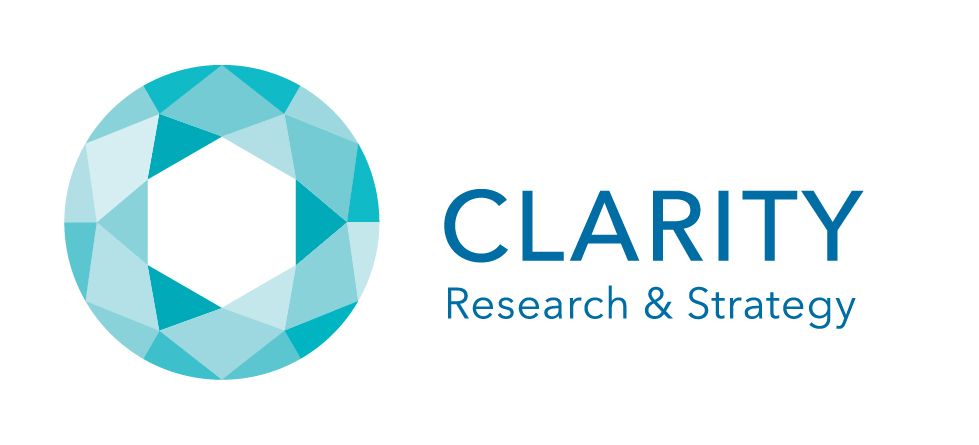Photo above by José Martín Ramírez Carrasco on Unsplash
Leveraging insights is essential when developing a business plan. These insights can act as a GPS system, guiding organizations towards success and enabling them to make informed decisions. This article will explore the importance of leveraging insights in strategic planning and provide guidance on how to use them effectively, using the metaphor of GPS systems as a roadmap to business success.
Insights as the GPS of Business Strategy
A GPS system helps users navigate unfamiliar territory, providing directions and real-time information about the surrounding environment. In fact, it’s difficult to imagine how we traveled before they existed. In the context of business planning, insights serve a similar function. They provide organizations with valuable information about the market, customers, and competitors, enabling them to make data-driven decisions and chart the most effective course towards their goals.
Pinpointing Your Business Destination
Before a GPS system can provide directions, the user must first input their desired destination. Similarly, when developing a business plan, organizations must first establish their objectives and goals. Leveraging insights can help businesses better understand the market landscape and identify potential opportunities, enabling them to set realistic and achievable targets.
Mapping the Route to Success
Once a destination has been identified, a GPS system provides the most efficient route to reach it. In the same vein, insights can help organizations identify the most effective strategies and tactics to achieve their goals. By understanding customer preferences, industry trends, and competitor behavior, businesses can make informed decisions about product development, marketing campaigns, and other strategic initiatives.
Real-Time Updates and Adaptability
One of the key benefits of a GPS system is its ability to provide real-time updates and adapt to changes in the environment. In business planning, leveraging insights allows organizations to respond to market shifts and evolving customer needs quickly. By staying informed and adapting their strategies accordingly, businesses can maintain a competitive edge and ensure their continued success in the face of change.
Identifying Roadblocks and Detours
Just as a GPS system alerts users to potential roadblocks and offers alternative routes, insights can help businesses identify potential challenges and develop contingency plans. This proactive approach to risk management enables organizations to mitigate threats and capitalize on new opportunities, ensuring their resilience and long-term success.
Measuring Progress and Re-calibrating
Finally, a GPS system helps users track their progress towards their destination and offers guidance on any necessary adjustments. Similarly, leveraging insights can help businesses measure the effectiveness of their strategies and make data-driven adjustments as needed. By continually monitoring and analyzing their performance, organizations can refine their approach and ensure they stay on track towards their goals.
Conclusion
In conclusion, leveraging insights in the development of a business plan is akin to using a GPS system to navigate unfamiliar terrain. Insights provide valuable information about the market, customers, and competitors, enabling organizations to make informed decisions, adapt to change, and achieve their goals. By embracing the power of insights and using them as their strategic GPS, businesses can chart a course towards success in today’s competitive business landscape.
Want to Learn More About Navigating the Business Landscape?
- Read more about strategic planning: Unlocking Business Potential: An Insight Roadmap Is Just as Important as a Marketing Roadmap
- Read our Amazon bestseller Three Wise Monkeys: How Creating a Culture of Clarity Creates Transformative Success
- See ways we help reveal new opportunities through insights
- Let’s talk about navigating the business landscape: Contact Us





